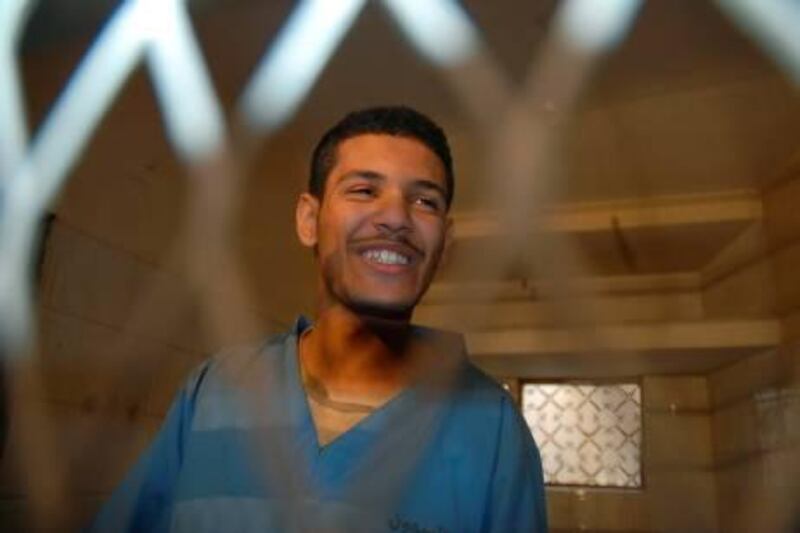SANA'A // Yemen sentenced the radical US-born cleric Anwar al Awlaki to 10 years in jail yesterday after he was convicted in is absence on charges of belonging to al Qa'eda and inciting the killing of foreigners.
The state security court, which specialises in terrorism cases, also sentenced 19-year-old Hisham Mohammed Assem, to death for the killing a French citizen in October. Jacques Spagnolo, who worked for a French construction company, was gunned down at the Sana'a office of OMV, an Austrian oil and chemicals company where Assem, a security guard at the company, was overpowered and arrested.
Al Awlaki's cousin, Othman al Awlaki, was also convicted in absentia yesterday for inciting the killing of foreigners, and sentenced to eight years in jail.
Judge Muhssein Allwan said the two relatives encouraged Assem to murder Spagnolo.
"All these acts threaten the stability of the country and the terrorist organisations try to make the country a hotbed for them... This attack [on the French citizen] is an attack on the public order," Mr Allwan said while reading the verdict.
The court also accused the three men of "working within a terrorist group." Prosecutors say Anwar al Awlaki, who is wanted by the United States on terrorism-related charges, encouraged Assem in a series of e-mail exchanges.
Abdulrehman Barman, a human-rights activist and a lawyer, said there was concern that the verdict would give the government a green light to kill al Awlaki, who is on the run with his cousin.
"The prosecution has failed to provide any evidence that al Awlaki was involved in this case. In its hunt for him, the government had no legal ground, and we are concerned this verdict would be used as a green light to kill the man. This is a political tribunal," Mr Barman said.
Assem testified at his trial that he had no connection to al Awlaki and terrorism and that it was personal issue that prompted him to kill the French man. He denied any ties to al Awlaki, saying his confession was the result of police torture.
"I reject the verdict and will appeal," Assem, who appeared in a blue prison uniform, said from the court security cage.
Al Awlaki is thought to be hiding in the southern province of Shabwa, under the protection of al Awalik tribe, one of the largest in Yemen.
The administration of Barack Obama, the US president, has authorised the CIA to capture or kill him.
Al Awlaki has been linked to a US army major charged with shooting dead 13 people in Fort Hood, Texas in November 2009 and to a Nigerian student accused of trying to blow up a Northwest Airlines flight on December 25 that year.
In the latest edition of Inspire, the English-language online magazine issued by al Qa'eda in the Arabian Peninsula, al Awlaki renewed a call to strike the US government and citizens, the SITE monitoring agency reported yesterday.
"Both the (US) government and private citizens should be targeted," Awlaki wrote. "America and Americans are the imams of kufr [leaders of disbelief] in this day and age."





